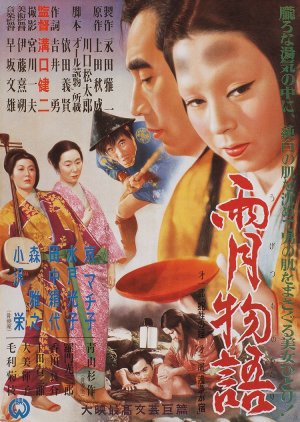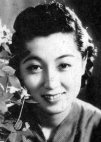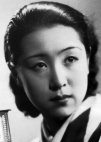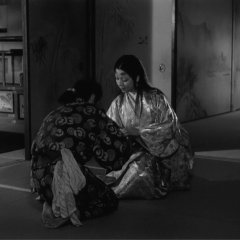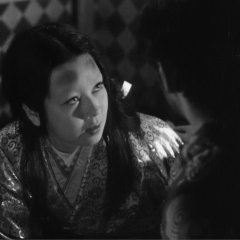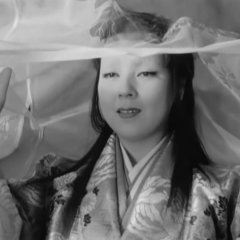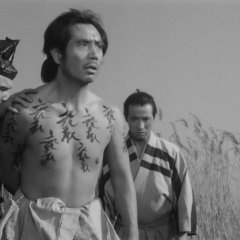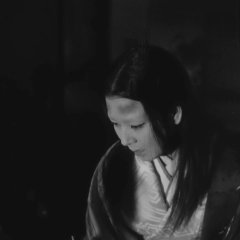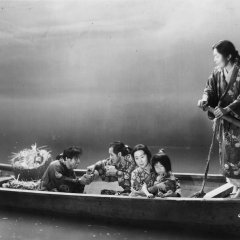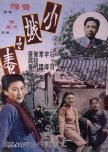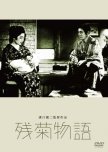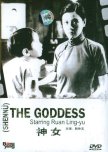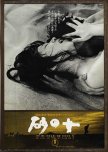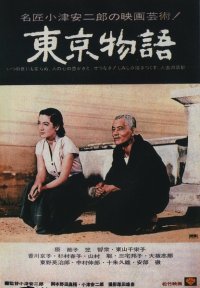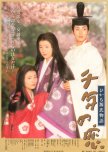 Ask MDL: Myths, Legends and Imaginary Worlds
Ask MDL: Myths, Legends and Imaginary Worlds The film tells us the stories of two married couples in the Azuchi-Momoyama period. This is what drives them in getting wealthy and powerful. Will they achieve their dreams? ~~ Adapted from stories by Ueada Akinari. Edit Translation
- English
- magyar / magyar nyelv
- dansk
- Norsk
- Native Title: 雨月物語
- Also Known As: Ugetsu
- Director: Mizoguchi Kenji
- Screenwriter: Yoda Yoshitaka, Kawaguchi Matsutaro
- Genres: Historical, Drama, Fantasy, War
Cast & Credits
- Kyo Machiko Main Role
- Mori Masayuki Main Role
- Ozawa Eitaro Main Role
- Mito Mitsuko Main Role
- Tanaka KinuyoMiyagiMain Role
- Date Saburo[Vassal]Support Role
Reviews

This review may contain spoilers
"Success always comes with a price in suffering"
In Uegetsu, Mizoguchi wove a strange tale of hubris out of fantasy and realism loosely based on Ueda Akinari's stories. The acting and story telling were well done as Mizoguchi explored militarism and the price women paid for it. At least I hope that was the message.Spoilers Below:
The story opens with two couples-Genjuro and Miyagi and Tobei and Ohama. Genjuro decides to take his pottery to a larger town to sell with war on their doorstep, hoping to make a tidy profit. Tobei has dreams of grandeur as a samurai even though he doesn’t have enough money for a weapon or armor and heads to town with Genjuro. After Genjuro succeeds, he decides to make more pottery for a grander profit against Miyagi's advice. She wants them to be together happily and with soldiers headed their way they need to be prepared to flee. Genjuro ignores her and with Tobei, who was rejected by the samurais, works feverishly to fill his kiln. The soldiers arrive pillaging and enslaving, but the four manage to escape. Afterwards they rescue the pottery and take it to sell. Tobei uses his share to outfit himself and join the army. Genjuro is seduced by Lady Wakasa who says she will help him to make more money if he will marry her. He falls under her spell and forgets all about his wife and son. Ohama is captured by soldiers on the way home and gang raped. Miyagi is killed by ravaging soldiers for the meager amount of food she is carrying for her son. The husbands go about their lives enthralled with their circumstances, scarcely giving a thought to their wives caught up in the chaos of war.
Despite the negative ramifications shown of militarism and the effects it had on women, throughout the film I found the husbands reprehensible. Driven by ambition, lust, or a need for power, they hardly suffered. Yes, there was humor interspersed but the wives were not given the chance to laugh. After finally coming to their senses, Genjuro and Tobei both learned that home is where peace lies, coming full circle from the start.
Ohama's story was resolved too neatly for a woman who had been repeatedly "dishonored," not suffering the fate of so many comfort women from the previous war. I've read that Mizoguchi wanted a different ending, more in line with real life where she would have been shunned and Tobei would have stepped over her to grow his military power. Even with this "happy ending", had she been a real woman and not a man's version of a woman, she most likely would have suffered greatly from her painful and humiliating experiences and not immediately bounced back.
Death could not dim Miyagi's loyalty to her family. She who had been utterly abandoned by her husband continued to be caring toward him, looking out for him and her child by reuniting them. Miyagi who was forever separated from her child and husband due to his ambitious and lustful needs was never allowed to share the peaceful home fires she so lovingly stoked. Finally, Lady Wakasa could not be seen as a villain. She had been murdered along with her family by men bent on more power, and was only seeking the love she never lived to have.
The fantasy elements were well done and the film was well crafted. All of the performers conveyed their characters perfectly. The various soldiers and armies were routinely shown as out of control and often dishonorable---a scathing rebuke of militarism. This is one of those films that is considered a classic and one of Mizoguchi's best. While skillfully woven together, I could not get past the price of the husbands' hubris being paid by the women and why the dutiful wives were the ones who were destined to suffer for the men's misdeeds. How long Genjuro might have been haunted remained to be seen.
So even though the story taught a lesson to the husbands about ambition, and ultimately brought about the fulfillment of peace and harmony for those who remained, it came at a cost, a cost the women paid with their blood. Their selfish husbands finally did what was right for those who survived, but only after blowing everything up to begin with. Whether or not this was what Mizoguchi envisioned, as a woman it was a bitter pill to swallow.
8/15/23
Was this review helpful to you?

